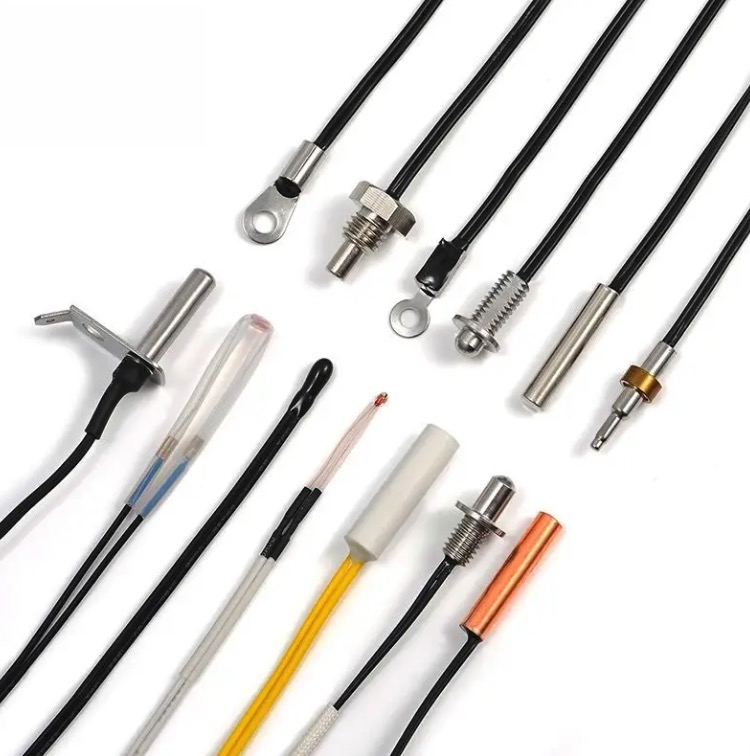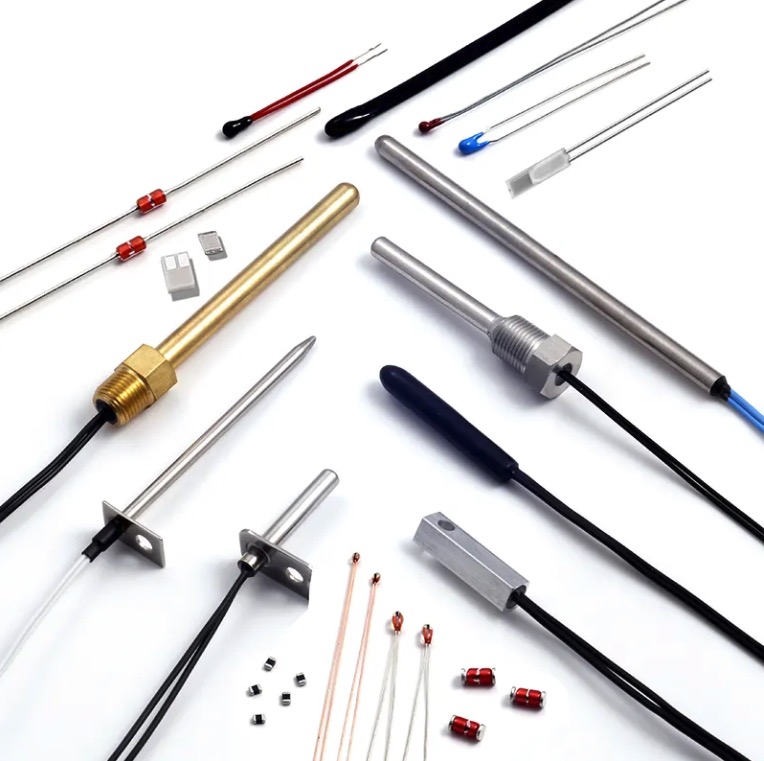Thermocouple Price: What You Need to Know Before Making a Purchase
Article Summary:
If you’re in the market for a thermocouple, it’s important to know what to look for before making a purchase. This guide will cover the basics of thermocouples, their types, applications, and factors that affect their prices.
Introduction:
Thermocouples are sensors used for measuring temperature in various industrial applications. They consist of two different metal wires connected at each end to form a junction. When this junction experiences a temperature change, an electric voltage is produced, which can be measured and converted into a temperature reading.
Types of Thermocouples:
There are several types of thermocouples available in the market, each with its own unique characteristics and temperature ranges:
1. Type K: Most commonly used thermocouple, suitable for temperatures up to 1260°C (2300°F).
2. Type J: Suitable for temperatures up to 750°C (1382°F), with a smaller range than Type K.
3. Type T: Good for low-temperature applications up to 260°C (500°F).
4. Type E: Suitable for use in oxidizing or reducing environments up to 870°C (1598°F).
5. Type N: Ideal for high-temperature applications up to 1260°C (2300°F).
6. Type S, R, and B: These are noble metal thermocouples designed for very high-temperature applications up to 1750°C (3182°F).
Factors Affecting Thermocouple Prices:
The prices of thermocouples can vary widely based on several factors:
1. Type of metal used to make the thermocouple.
2. Temperature range and accuracy of the thermocouple.
3. Length and diameter of the thermocouple wires.
4. Calibration and certification requirements.
5. Supplier pricing and market demand.
Conclusion:
When purchasing a thermocouple, it’s important to consider your application needs, temperature range, and accuracy requirements. Knowing the different types of thermocouples available and the factors affecting their prices can help you make an informed decision and ensure the best value for your money.
Article by [Your Name]
Understanding NTC Temperature Sensor Craftsmanship and Reliability in Air Conditioning Systems
In modern HVAC systems, temperature sensors play a critical role in ensuring energy efficiency, performance stability, and user comfort. Among them, NTC (Negative Temperature Coefficient) thermistors are the most widely




